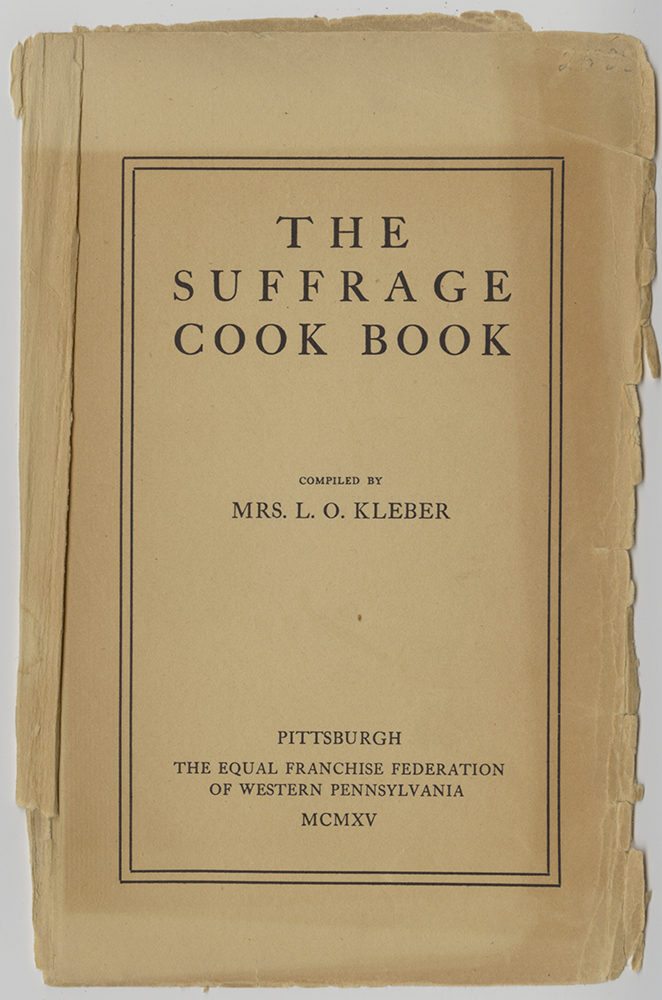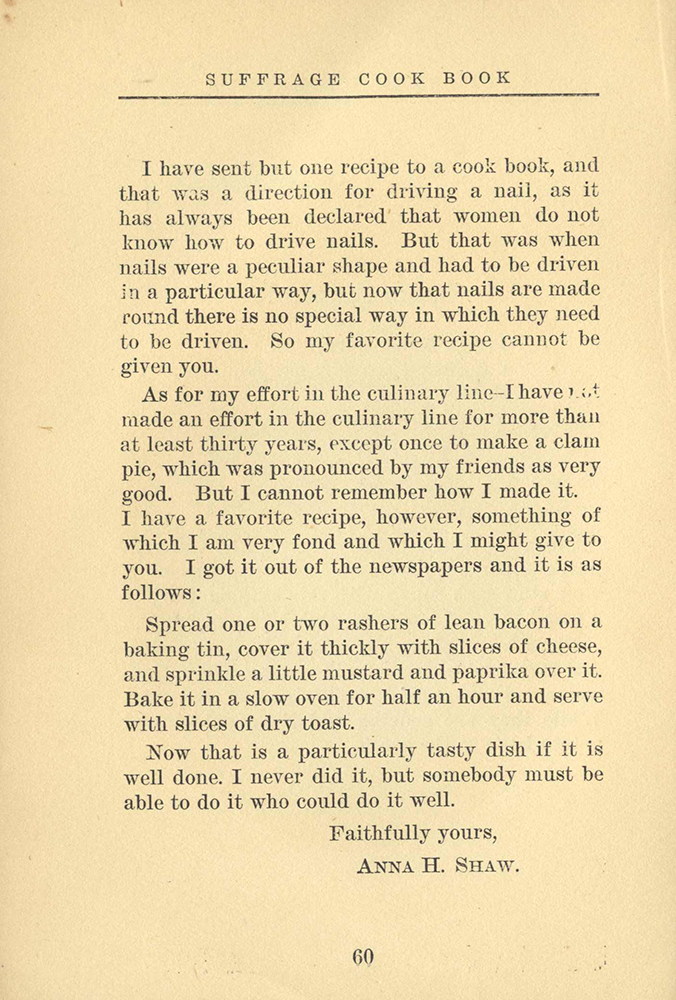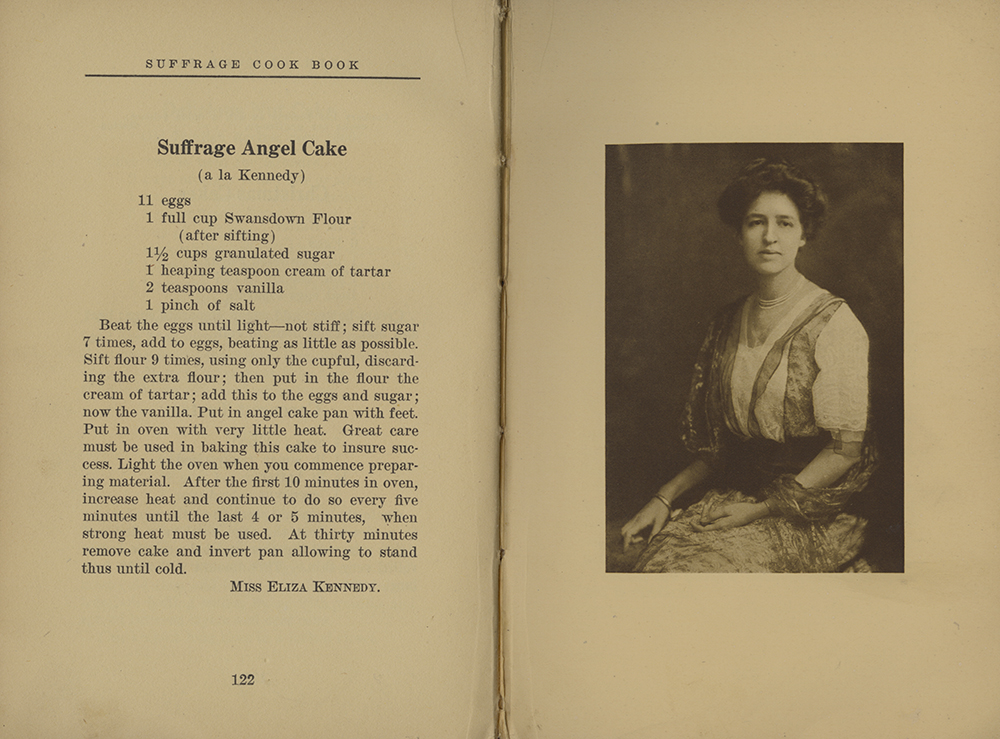
The Community Recipes of Western Pennsylvania Women
Originating from churches, auxiliaries, athletic teams, neighborhoods, and civic organizations, the Library & Archives’ collection of community cookbooks capture and preserve the taste and voices of women engaged in our region. So much more than lists of ingredients and instructions, these cookbooks continue to reveal the motivations and affiliations of their collective authoresses.
A timeless staple in any kitchen, community cookbooks reflect generations of edible traditions in ethnicity, faith, and civic culture. Often enhanced by personal annotations and dog-eared pages, the recipes contained in community cookbooks mark an intimate exchange of culinary passion and knowledge. Varying in size, shape, and color, these cookbooks serve as intimate windows into the hearths of women’s kitchens and the hearts of their families.
In advance of this weekend’s Hometown–Homegrown™ food expo, the staff of the Detre Library & Archives took a look at the History Center’s cookbook collection. This search revealed a mosaic of community recipes that uniquely expresses and reflects the experiences of women living in Western Pennsylvania.
One of the most striking cookbooks in the collection is the Suffrage Cook Book dating to 1915. Published in Pittsburgh, this cookbook presents a chorus of local suffragettes who proudly deployed their prowess in the kitchen to the suffrage movement. Of the 57 total contributing authoresses, 30 hailed from Western Pennsylvania.

Beyond a wealth of recipes, the Suffrage Cook Book was also compiled to serve as an organ for the suffragettes’ belief in equal rights for women. Strategically interspersed between recipes were political vignettes written in support of the suffrage movement. Contributors included prominent suffragettes such as Dr. Anna Howard Shaw, Jane Addams, and Julia Lathrop. Mrs. L. O. Kleber (the cookbook’s compiler) even went so far as to elicit the contributions of governors whose states had extended to women the right to vote.
Social reformer Julia Lathrop contributed the following: “Is it not strange how custom can stale our sense of the importance of everyday occurrences, of the ability required for the performance of homely, everyday services? . . . No wonder a mere man said, ‘I can’t cook because of the awful simultaneousness of everything.’”[1]
Community cookbooks and the recipes contained within them are a powerful means of transmitting food memory over generations.
Visitors who stop by the Detre Library & Archives during Hometown–Homegrown™ on Saturday, June 27, 2015 are welcome to take recipe cards that have been printed and adapted from our historic cookbooks. For those interested in further exploring this collection of community cookbooks, the Detre Library & Archives is free and open to all researchers every Wednesday-Saturday from 10 a.m. to 5 p.m.
Suffrage Angel Cake, recipe of Eliza Kennedy
Serves 8
11 egg whites
1 c. cake flour
1½ c. granulated sugar
1 heaping tsp. cream of tartar
2 tsp. vanilla
1 pinch salt
Beat egg whites until light, not stiff. Sift sugar seven times, add to egg whites. Sift flour nine times then mix in cream of tartar. Add flour mixture to eggs and sugar, then mix in vanilla. Place batter in angel food cake pan. Bake cake in a 350° oven for 30 minutes. Cool upside down on cooling rack.
[1] The Suffrage Cook Book, ed. (Pittsburgh: Equal Franchise Federation of Western Pennsylvania, 1915), 44.
Sierra Green is an archivist with the Detre Library & Archives at the Heinz History Center.
